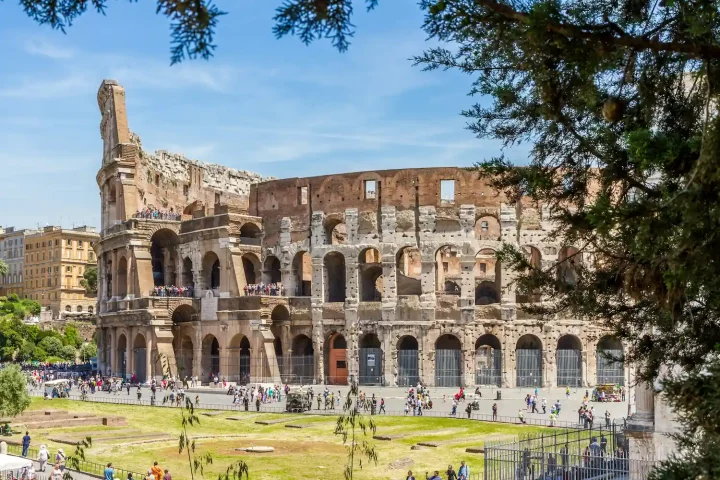Renouncing Italian citizenship means voluntarily giving up one’s status as an Italian citizen. This process is often pursued by individuals who have acquired or are planning to acquire citizenship in another country and do not wish to maintain dual citizenship.
Common reasons for renunciation include the desire to fully integrate into a new country, avoid mandatory military service, or comply with the laws of another country that does not allow dual citizenship.
Additionally, some individuals may choose to renounce their Italian citizenship to simplify their legal and tax obligations.
Legal procedures for renouncing Italian citizenship
Renouncing Italian citizenship requires completing several legal steps and submitting specific documents. This process can be initiated either at an Italian consulate in the United States or through the relevant authorities in Italy.
Essential documents include an original Italian birth certificate issued by the municipality of birth, proof of residence in the consular district (such as utility bills), evidence of possessing another citizenship (e.g., a valid U.S. passport or foreign naturalization certificate), Italian ID documents, and a receipt of payment for the €250 fee.
To start the renunciation process, it is necessary to book an appointment with the Italian consulate that has jurisdiction over the state of residence abroad or with an Italian municipality if living in Italy.
During the appointment, applicants must present the required documents and formally declare their intention to renounce their citizenship in the presence of an official from the statistics office (Anagrafe) or an authorized consular or diplomatic official.
Take advantage of specialized assistance to secure your passport for a borderless future.
Renouncing Italian citizenship has significant consequences that affect an individual’s civil and political rights, as well as their access to social benefits and public services in Italy. One of the most immediate impacts is the loss of the right to vote in Italian elections.
This means that individuals who renounce their citizenship can no longer participate in the democratic process in Italy, including voting for local, regional, and national representatives.
Additionally, renouncing Italian citizenship can affect an individual’s access to social benefits and public services provided by the Italian government. These services include healthcare, education, and social security benefits. Without Italian citizenship, individuals may no longer be eligible for these benefits, which can have a significant impact on their quality of life.
What to do if your relative renounced their citizenship
Under Italian Law No. 74/2025, applicants must demonstrate that their Italian relative—whether a parent or grandparent—held exclusive Italian citizenship at the time of their death.
If a relative has renounced their Italian citizenship, it is important to understand how this decision affects your own citizenship status and eligibility. According to Italian law, Italian citizens who naturalized as citizens of a foreign country before August 15, 1992, automatically renounced their Italian citizenship, whether they were aware of it or not.
This means that if your Italian-born parent, or grandparent, voluntarily naturalized as a citizen of another country between June 14, 1912, and August 15, 1992, they would have renounced their Italian citizenship and would be ineligible to pass it on to future generations by the principle of jus sanguinis.
In some cases, specific circumstances may lead to automatic loss of citizenship, such as voluntarily enlisting in the armed forces of a foreign government, accepting a government post with a foreign state, serving during a state of war with a foreign country, or having an adoption revoked by fault of their own.
It is important to seek professional advice to navigate these complexities and explore your options.
Take advantage of specialized assistance to secure your passport for a borderless future.
Reacquiring Italian citizenship
If someone has renounced their Italian citizenship or lost it due to specific circumstances, there are conditions under which they can reacquire it. Individuals born in Italy who gave up their citizenship by acquiring another country’s citizenship before August 16, 1992, can regain Italian citizenship by establishing residency in Italy for a period, which could range from two months to a year.
Applicants must set up residency in their local Comune and then submit their application in person.
It is important to note that the process of reacquiring Italian citizenship can be complex and may require professional assistance. Specialized consultancies like io.citizen can provide invaluable support by guiding individuals through the necessary steps, gathering and preparing documentation, and representing them in legal proceedings.
By working with experienced professionals, individuals can increase their chances of successfully reacquiring Italian citizenship and reestablishing their connection with Italy.
By understanding the process of renouncing and reacquiring Italian citizenship, individuals can make informed decisions and take the necessary steps to secure their legal status and connection to Italy.
Whether through careful preparation, professional assistance, or exploring alternative routes, the path to Italian citizenship is attainable for those who are dedicated to achieving it.






